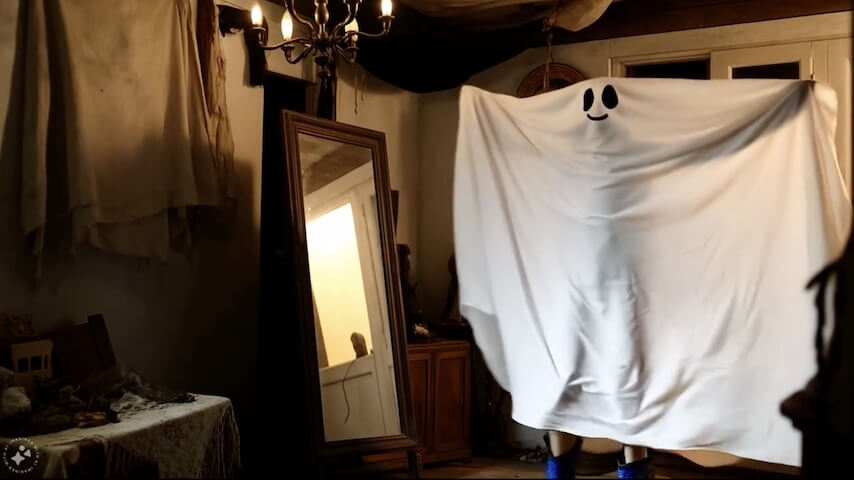Blumhouse partners with Casey Affleck and Meta for A.I. assisted short films
Filmmakers Aneesh Chaganty, The Spurlock Sisters, and Casey Affleck made A.I.-assisted short films
Screenshot: Meta
Hollywood’s inevitable embrace of artificial intelligence (which was a central sticking point in last year’s writers and actors strikes) continued on Thursday with the announcement of a partnership between Blumhouse and Meta. Meta recently unveiled its A.I. model Movie Gen, which can generate video and audio, among other features. The new Blumhouse partnership is part of an ongoing effort to bring in creatives and filmmakers to test the company’s A.I. tools.
In a Meta blog post, Meta’s VP of GenAI Connor Hayes said the company wanted to have an “open and early dialogue with the creative community about how it can be the most useful tool for creativity and ensure its responsible use” before making Movie Gen to the public. The first apparent step was reaching out to Blumhouse, who brought in several filmmakers to test the tech and give feedback. “Artists are and forever will be the lifeblood of our industry,” Blum said in his own statement. “Innovation and tools that can help those artists better tell their stories is something we are always keen to explore, and we welcomed the chance for some of them to test this cutting-edge technology and give their notes on its pros and cons while it’s still in development. These are going to be powerful tools for directors, and it’s important to engage the creative industry in their development to make sure they’re best suited for the job.”








































